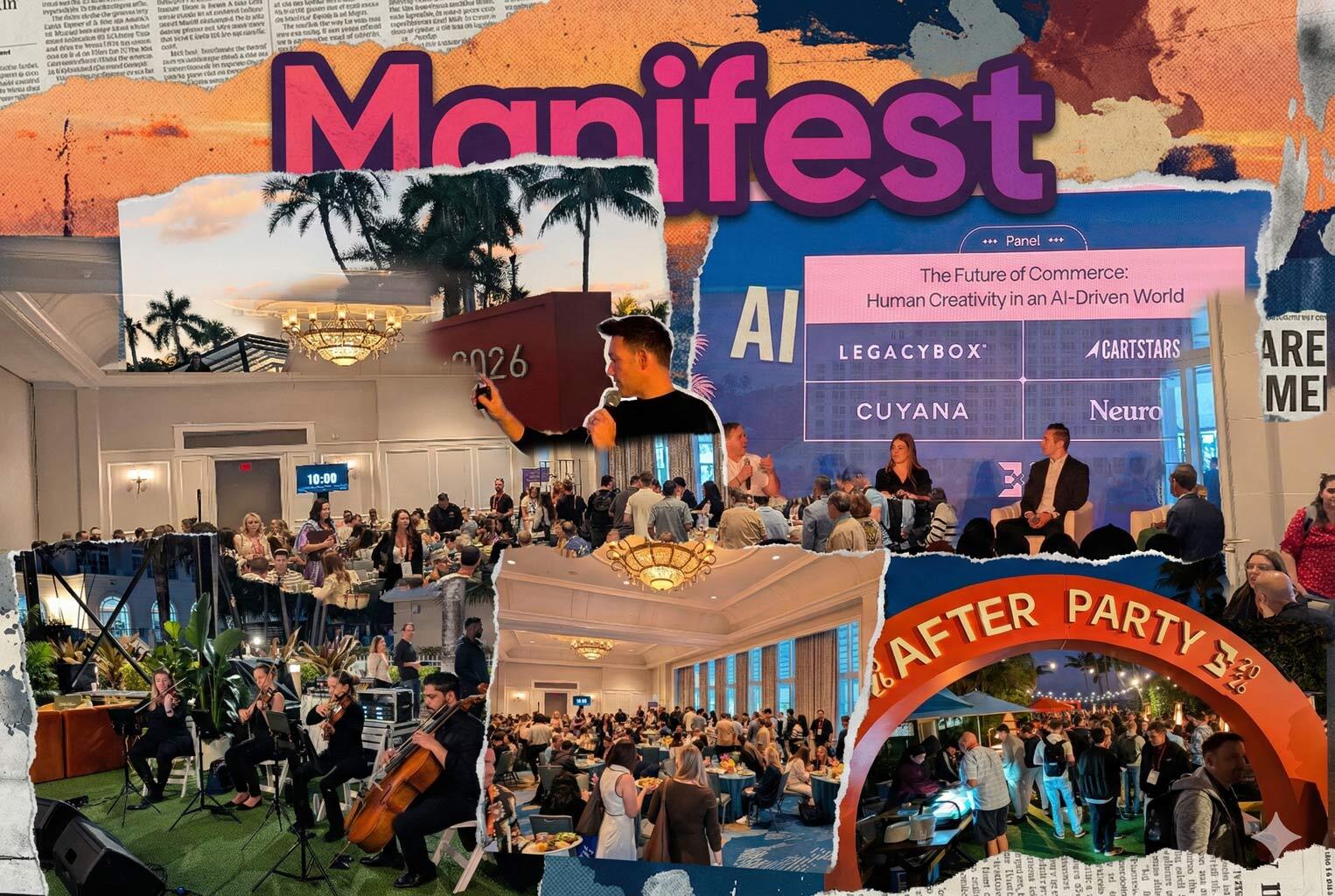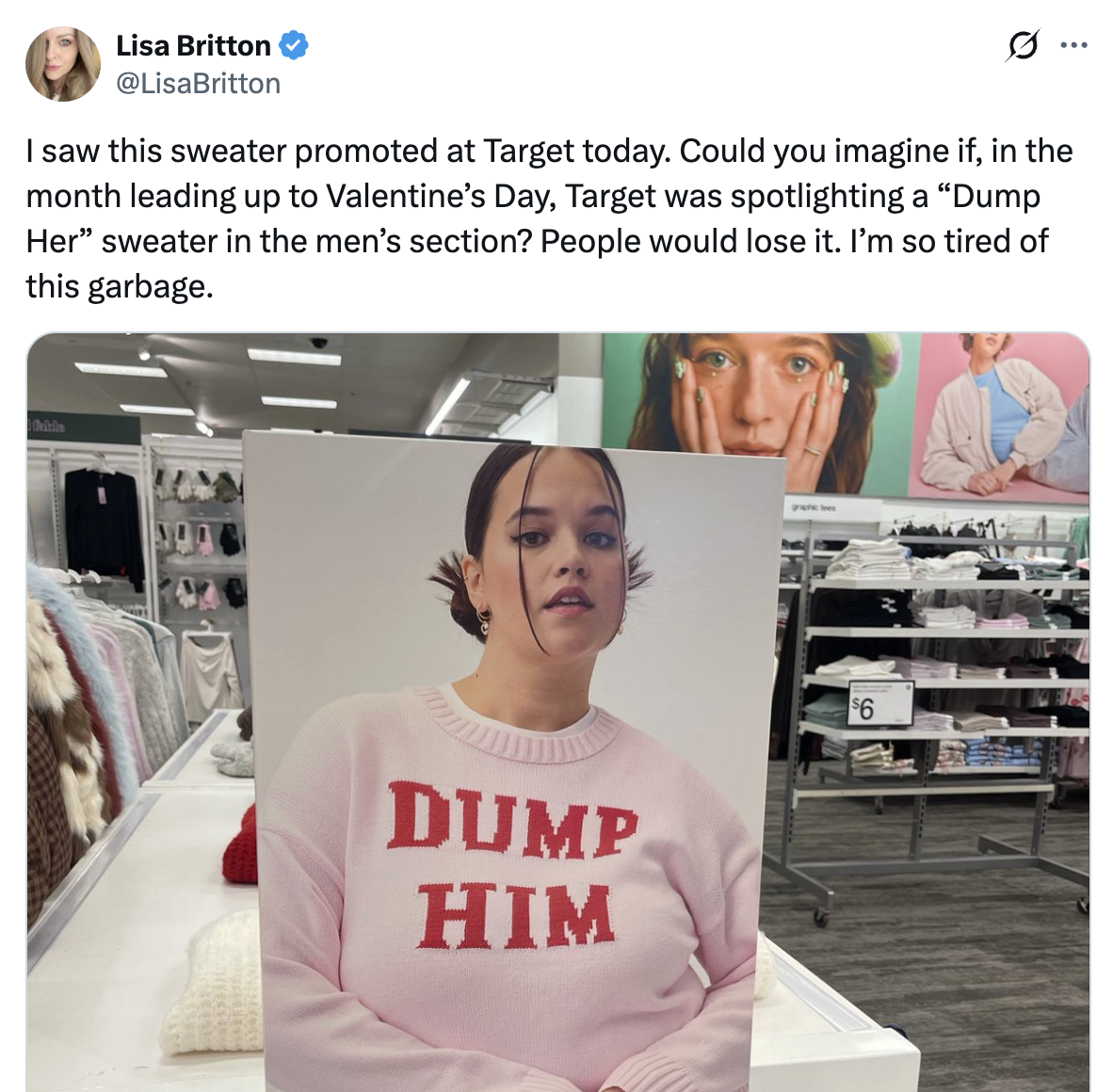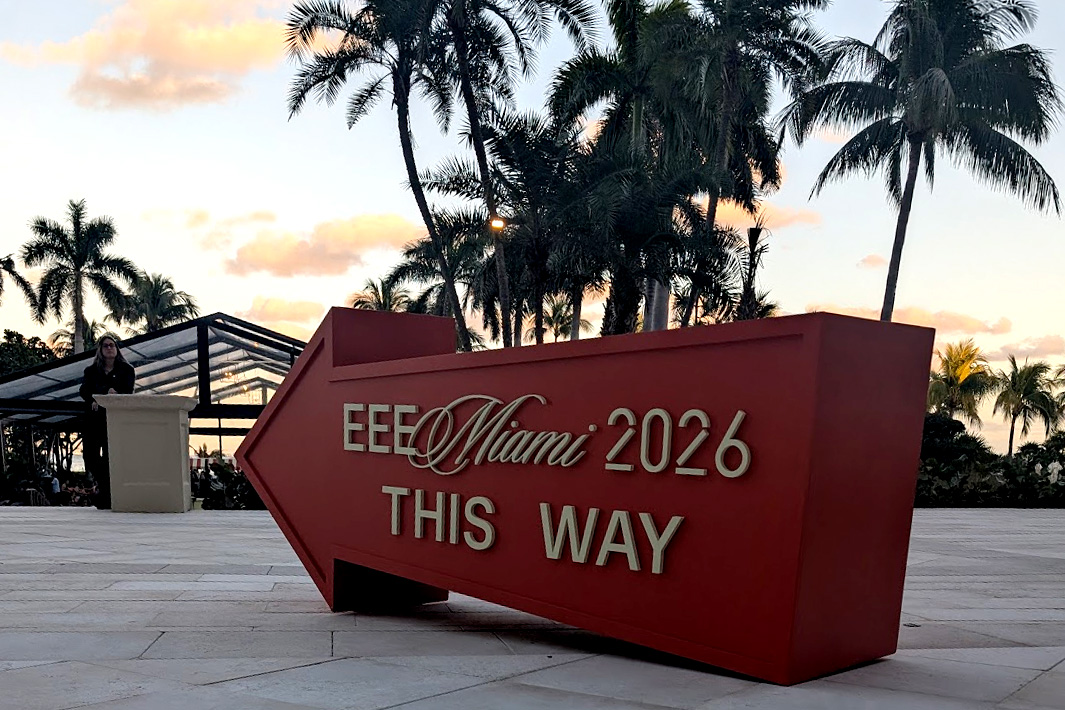
Squeezegate and The Dupe Economy


Squeezable olive oil company Graza’s founder took to LinkedIn yesterday to air his grievances at competitor Brightland. In the post, Graza co-founder Andrew Benin cited the rise of “copycat” products that seek to “rip off” (his words) the legitimacy of other, established players.
The kerfuffle comes after Brightland’s announcement of a new product: Pizza Oil, which comes in a squeezable bottle for drizzling. The rub: Graza’s key differentiator is the form factor, which looks an awful lot like Brightland’s new bottle.
Graza was founded in 2022. Brightland in 2018. “Who copied whom?” is a prominent refrain in the echo chambers where such things matter.
“Olive Oil is the new Gillette/Shave Club debacle,” says Sumeet Shah, a VC at Swiftarc and an expert in private equity investments in consumer brands. “The common thread? The Streisand Effect.”
Benin’s tantrum is a modern example of The Streisand Effect in action. The Streisand Effect occurs when attempts to cover up, hide, or distract from an event or object have the opposite effect of drawing more attention to it. And, while the main discourse in the ensuing online debate (of which there is a metric-eff-ton) surrounds his declasse behavior, it ignores the larger issues of desirability and affordability at a moment in history where even olive oil can be markers of in-group affiliation.
Dupes are a critical part of modern youth culture. As we wrote in Meet C.A.R.L.Y. (Can't Afford Real Life Yet), younger generations buy lower-priced versions that approximate the experiences of their higher-social-status elders, Millennials. They wait in line for shoe drops — but they do it at Crocs, not at Supreme. They wear sandalwood-scented perfume; but it’s from Replica, not Le Labo.
In Gen Z parlance, there is a stark difference between a Copycat and a Dupe: a copycat is a cheap imitation and a dupe is a lower-quality alternative that pays homage. Why buy Supergoop when you can go to Trader Joe’s and get the same product? TJ’s is a vibe. Supergoop is a flex.
Copycat brands, by way of contrast, aim to knock off a product by directly capitalizing on the design as a derivative. At a distance, a copycat appears to be the same product. It is preying on a particular type of consumer: the uninformed (oh, to be uninformed!). It’s intentionally misleading by design, and aims to mislead.
Or, in the language of commerce, one is top-of-funnel for its respective audience, the other is scraping the sludge off the bottom-of-funnel.
Not all copycats are harmful to valuation or market share, and no product has been copycatted as much as Hero Cosmetics’ Mighty Patch.
While Mighty Patch was not the first colloidal acne patch on the market, its distribution, quality of product, and brand propelled it to be the featured endcap at Targets nationwide, leading to a $600M+ exit to Church & Dwight in 2022. Founder Ju Rhyu had this advice to offer to Graza: “Get used to it.”
Linguists will be quick to point out that there is yet a third distinction amongst knockoff brands: Reps. Reproductions are a grey area and are a function of manufacturing surplus. Luxury brands like sneakers and handbags are often made in particular factories, who work with third parties to produce lookalike products that are often eerily similar to their canonical example. Brands like Italic have faced criticism (and legal disputes) for their production of reps.
If you want to read more about how Reps play a role in cultural cosplay, check out Insiders #13: On Replica Sneakers and the Value of Art by our very own Brian Lange.
However the dispute is resolved, we all lose when there’s infighting within a community. It’s tough enough in this economy to garner attention and to build a brand; it takes very little to squeeze all of that goodwill out of the mundane squeeze bottle container it came in.
— Phillip
P.S. This week on the podcast, we pay homage to JFK Jr. and in return he helps me pick out an outfit. Listen to The Future of eCom is Dead Celebrities now wherever podcasts are found.
P.P.S. Not enough DTC Drama? Dive into Alex’s acclaimed viral breakdown of Glossier’s Controversial Site Redesign, over on Future Commerce Insiders.


Calling All Deepfakes. Grimes makes waves by offering 50% in royalties for anyone using her voice in a deepfake song. Hot take: why would anyone bother using Grimes' voice in a song?
Acquisition Coming Soon? Trillium Capital wants to acquire Getty Images for $10 per share in cash less than a year after its SPAC merger, taking it public. The effective wash trade is interesting in light of the fact that they are picking a fight in the generative AI space.
More Sights & Sounds. Mattel has made its first Barbie doll with Down syndrome to celebrate “inclusion through play.” Gen-X bankers are telling Gen-Z content creators not to give up their day jobs. And one CEO is threatening to increase productivity quotas by 30-50 times because he thinks his remote workers are using AI to hold multiple full-time jobs.

Bed, Bath, & Bye-Bye. Homegoods retailer Bed Bath & Beyond has filed for bankruptcy and will begin closing its physical retail locations. This news comes as no surprise, as Bed Bath & Beyond, like many other retailers, has struggled to compete with the rise of eCommerce giants like Amazon. Prediction: Tai Lopez buys the troubled asset and turns it into a crypto pumping scam; just like he did with Radio Shack.
Purposeful Fashion. Everlane has released its Annual Impact Report, to show how they are “cleaning up the industry.” The report highlights their progress towards sustainability and ethical practices in the fashion industry, including their commitment to using recycled materials and reducing waste in production.

.jpeg)
What Is This, A Restaurant For DOGS?!? San Francisco is the home to a restaurant that caters to a specific clientele — canine companions. Dogue, as it’s called, has a pup-friendly fine-dining menu which includes a tasting menu priced at $75 per dog (and includes mimosas for the owners).
Autographed Enema Kits. Liquid Death and Travis Barker have partnered up to create a collectible Enema of the State enema kit, and all of us here at Future Commerce are wishing we could un-see and un-hear the video ad for it.


The Movie Star is Dead. National Research Group has conducted a poll which shows that the age of the "movie star" may be over. When asked to name the actors they'd be most likely to see in theaters, the top 20 results showed no actors under 35 years old. In fact, the average age of the actors named on this list is 57.5.
The AI Political War Begins. An AI-generated political ad has been released by the Republican National Committee, following Biden’s announcement of his re-election run. The video shows a dystopian future as the outcome of his re-election, predicting bank closures, border problems, and an increase in crime.
The Sixth Sense, Continued. Computer scientists are having a hard time agreeing on what privacy means as they look toward building the future. Americans are so boring that some of us are planning to never retire.











.svg)
